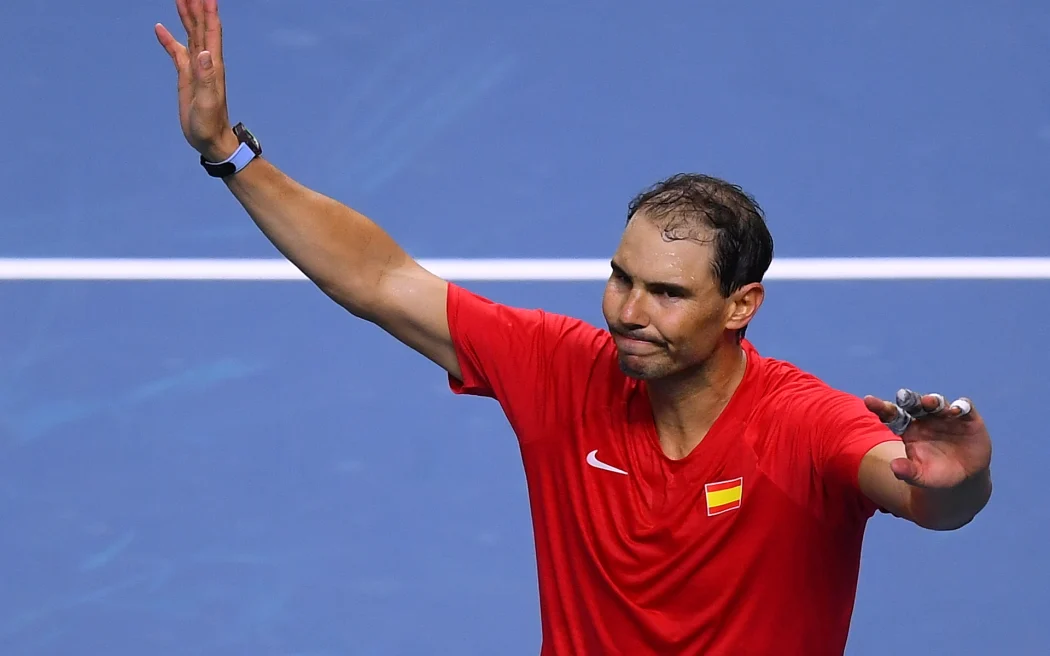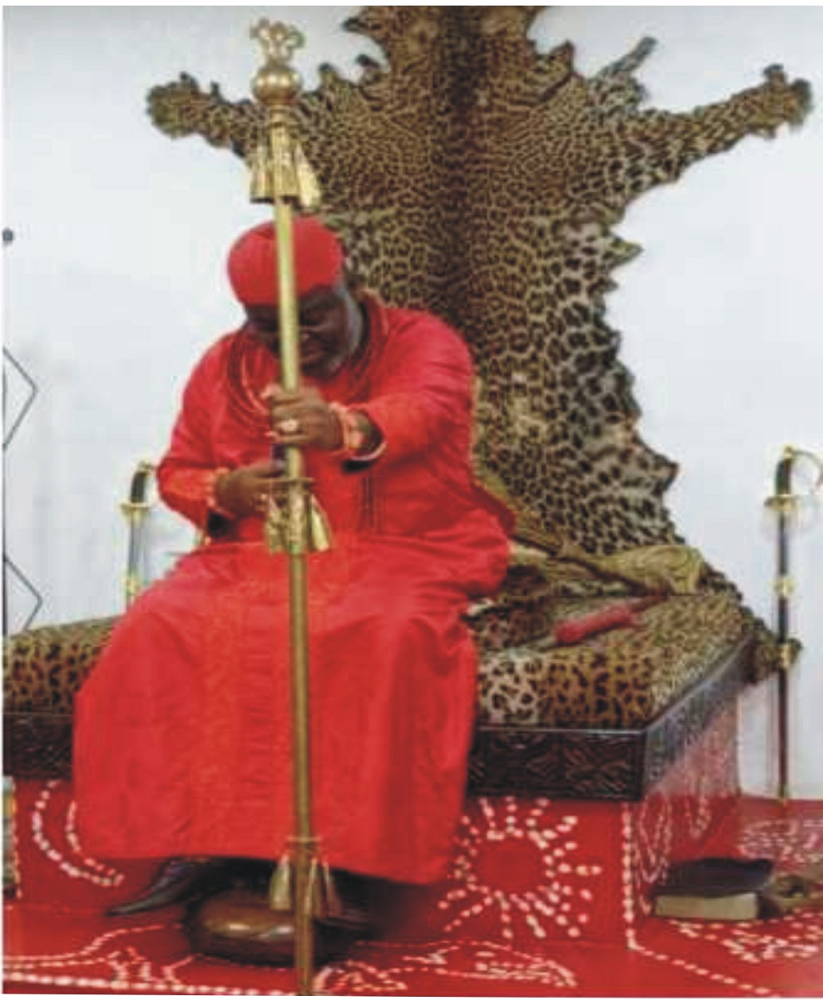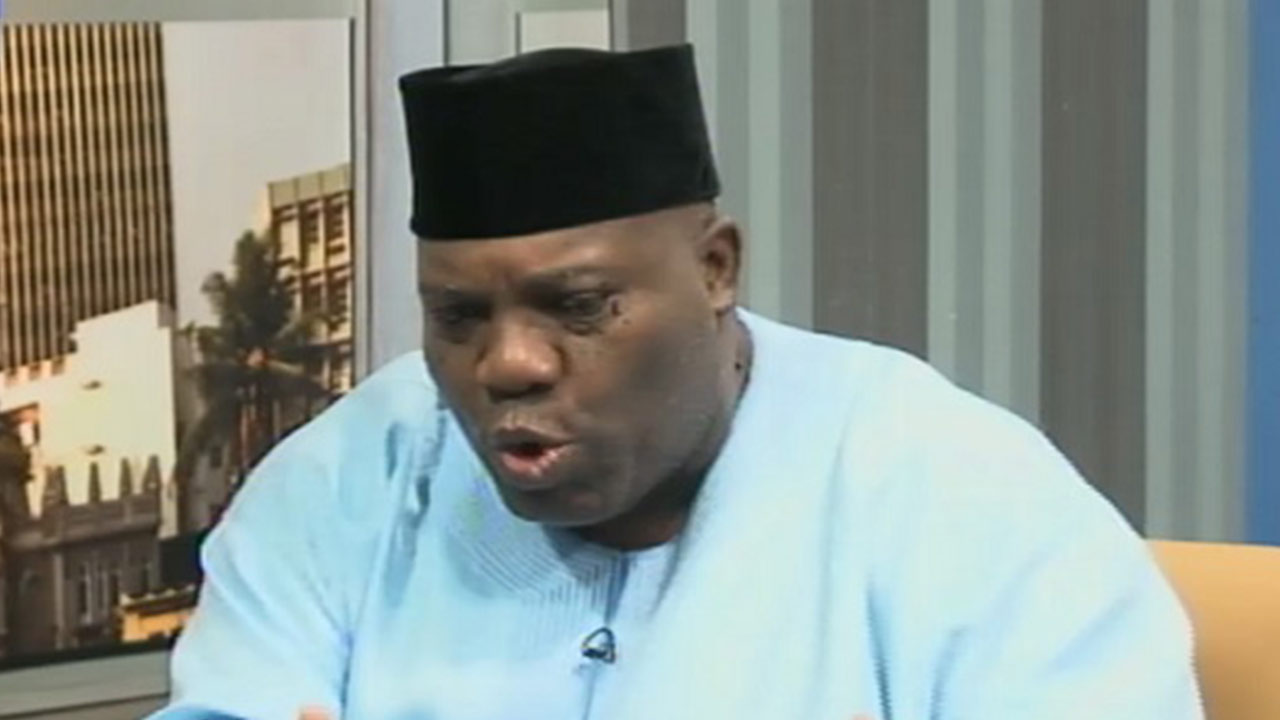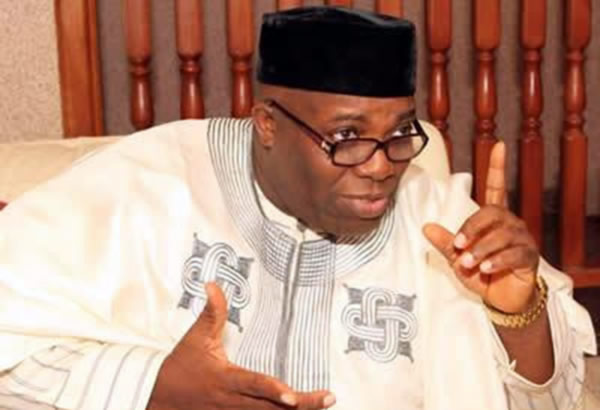LeLook Nigeria Limited is a Nigerian company specialising in using local fabrics to manufacture bags for exports. On the sideline of the just-concluded Comptroller General of Customs Conference in Abuja, the Managing Director/Chief Executive Officer of LeLook Nigeria Limited, Mrs. Chinwe Ezenwa, shared with newsmen her plans to containerise exports for shipping in place of using expensive air freight.
YOUR company recently made history recently by emerging as one of the 10 pioneer Nigerian exporting firms under the Guided Trade Initiative (GTI) of the African Continental Free Trade Area (AfCFTA) agreement. Also, your company is one of the six approved by the Nigeria Customs Service (NCS) as Authorised Economic Operator (AEO. Give us an overview of LeLook and how you felt being a pioneer in this AfCFTA export from Nigeria?
LeLook that we started in 1985 is almost 39 years now. We set out to produce locally and sell globally at a time that people hated anything made in Nigeria or Africa and we even tried to start with production of wears and people hated it. They wanted to be wearing suits and tie. We decided to go into bags and we said if they can’t wear it , they can carry it. They bought into that and as time went on, it has become globally acceptable that you can use African fabrics to promote your cultural heritage like the Indians do.
Going into the African Continental Free Trade Area (AfCFTA) agreement was like a big leap for someone like me. To have lived for over 70 years to see this improvement was a dream come true. I see the AFCFTA as a prosperity agreement. For me, I call it prosperity super-highway because it is a highway to progress. The goods and services in diplomatic ties. I am a beneficiary and I am training an army of young people to come onboard by establishing an academy. Our bag Academy is the first of its kind in the entire Africa. It is in Abuja and in Lagos. We have opened partnership with Nigeria Exports Promotion Council (NEPC) to improve on the exports.
Tell us about the level of acceptability you had in the Kenyan markets?
It did not take me three weeks after the guided trade initiative to gain full acceptance. When we went to Kigali and the Secretary General of AfCFTA mentioned our name, the entire Kenyan delegation really swarmed our stand and from there, we opened a warehouse automatically in Kenya. Our goods are already there and they’re making waves.
Most of our bags are sent by air and the only set back we are having now is the expensive airfare. We are now trying to see how we can start containerising them, but to do that requires a lot of money. I am also talking to other collaborators that can come with similar wares and then we can share the cost.
Tell us about the level of local content in your raw materials. Is it 100% , 80% , 50-50 Nigeria sourced or totally imported?
I will not say it is 100 percent Nigeria sourced. I will say it is 80 percent Nigeria sourced and 20 percent foreign sourced. If you look around these fabrics, the Aso Oke, Ankara and Adire are Nigerian. The 20 percent are the zips and some other little items including some other special fabrics that are not obtainable locally. We get the leather from Kano and Ethiopia. I will say that this is our time .
How would you describe government support from agencies like Nigeria Customs Service and NEPC. Can you grade the support you get from these agencies To what extent do you think they can push you beyond the shores of Africa?
I think there has been a massive government support which we never really obtained before now. For Customs, I think they are the best thing that have happened to us right now because they declared us an authorised economic operator. We are one of the six that were selected and that gives us authority to export and use the fast track to import the few essential things we need but the key to their own thing is compliance and I welcome it because I don’t have anything to hide.
Complying is the least of my problems. For the Nigeria Exports Promotion Council, they have been a life long partner. Olusegun Awolowo was the first person that held my hand for more than 13 years ago and each successive CEO of NEPC will also want to look out for those who are adding value to the economy, especially in exports.
This current one has not relented. As a matter of fact, Nonye Ayeni took the bull by the horn by getting me to sign an MoU with them to train the young people in Lagos under the export skill acquisition center . It is a free training and they will be empowered to export when they get this skill. I’m fulfilled.
Read Also: NNPCL’s Utapate crude grade hits global market
What’s your advice for SMEs that are in Nigeria and which was to go to the AfCFTA level and maybe global scene?
I will encourage them to look for mentors. I am ready to mentor a few. They can look for these agencies and seek their intervention in their business, do due diligence on their products and strive for quality.
Quality has no state of origin. Without quality there is no trade and so quality is the name of the game. Ours is quality all the way. If it is not good we will not present it. We compete with the best in the industry and everywhere. The Chinese are wondering how we did all these without their help.

 11 hours ago
3
11 hours ago
3













